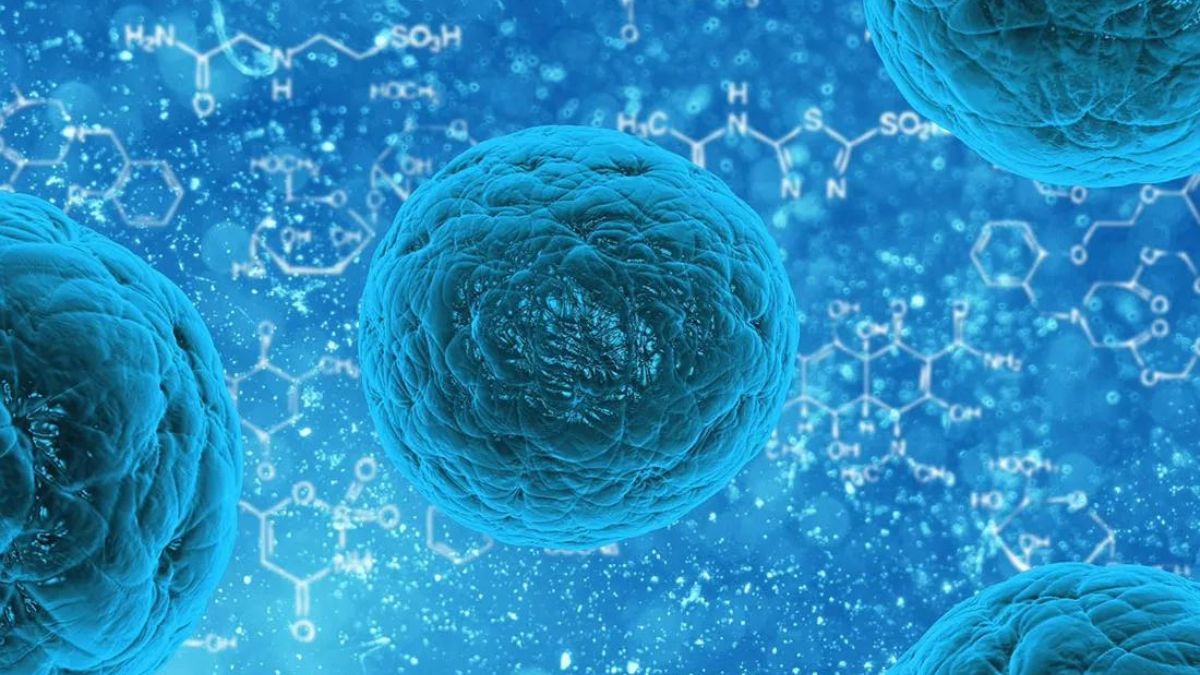What is PCOS and why is it so difficult to diagnose? Doctors explain.
September 28, 2022 By Awanish Kumar

(Image Credit Google)
The most prevalent hormonal disorder in women throughout their reproductive years is polycystic ovarian syndrome (PCOS). However, no one is certain of its exact cause, and there is no known cure.
Women frequently struggle to conceive or experience problems during pregnancy due to PCOS. Additionally, this syndrome is linked to a number of health issues, including insulin resistance, obesity, depression, and metabolic issues.
However, acquiring a diagnosis is not simple. According to research, it can take two years and consultations with several doctors for women with PCOS symptoms to receive an accurate diagnosis.
Despite the fact that you may be familiar with the term PCOS, you might not know what it is or what effects it has on the body. What you should know about PCOS is as follows.
What is polycystic ovary syndrome?
The U.S. Office on Women's Health describes PCOS as a health issue brought on by an imbalance of reproductive hormones that interferes with the function of the ovaries (organs that produce eggs and hormones that control the menstrual cycle).
Dr. Shefali Shastri, clinical director and managing partner at Reproductive Medicine Associates and clinical associate professor for the department of obstetrics and gynecology at Robert Wood Johnson University Hospital, tells Yahoo Life that PCOS is characterized by ovulatory dysfunction, polycystic ovaries, and elevated androgen levels.
In other words, those who have PCOS may have ovaries that produce too many androgens, release eggs rarely, or expand with a large number of fluid-filled sacs that hold immature eggs (known as follicles) (a type of hormone)
What causes PCOS?
Beyond reproductive hormone imbalances, what exactly causes PCOS is unknown, says Dr. Mokerrum Fatima Malik, an ob-gyn with the University of Maryland Medical Center and assistant professor of obstetrics, gynecology and reproductive services with the University of Maryland School of Medicine.
However, excessive androgen hormone and insulin levels may contribute to this illness, according to the U.S. Office on Women's Health.
If a person's mother has PCOS, that person might have it, too. Some evidence reveals that PCOS tends to run in families – children whose parents have PCOS are five times more likely to have it.
What are the signs of PCOS?
According to Malik, individuals with PCOS may exhibit symptoms of excessive androgen levels, such as male-pattern hair growth (specifically, hair sprouting on their chin, chest, stomach, or thighs), head hair loss, and increased acne.
She continues, "They might gain more weight overall, especially in their midsection, have irregular periods, or have trouble getting pregnant."
Other signs of PCOS include:
- Deepened voice
- Decreased breast size
- Dark, thickened skin patches at the back of the neck, on knuckles or elbows and in skinfolds
- Increased muscle size
- Tiredness
- Sleep problems
- Headaches
- Mood swings
- Depression
- Anxiety
By Awanish Kumar
I keep abreast of the latest technological developments to bring you unfiltered information about gadgets.








